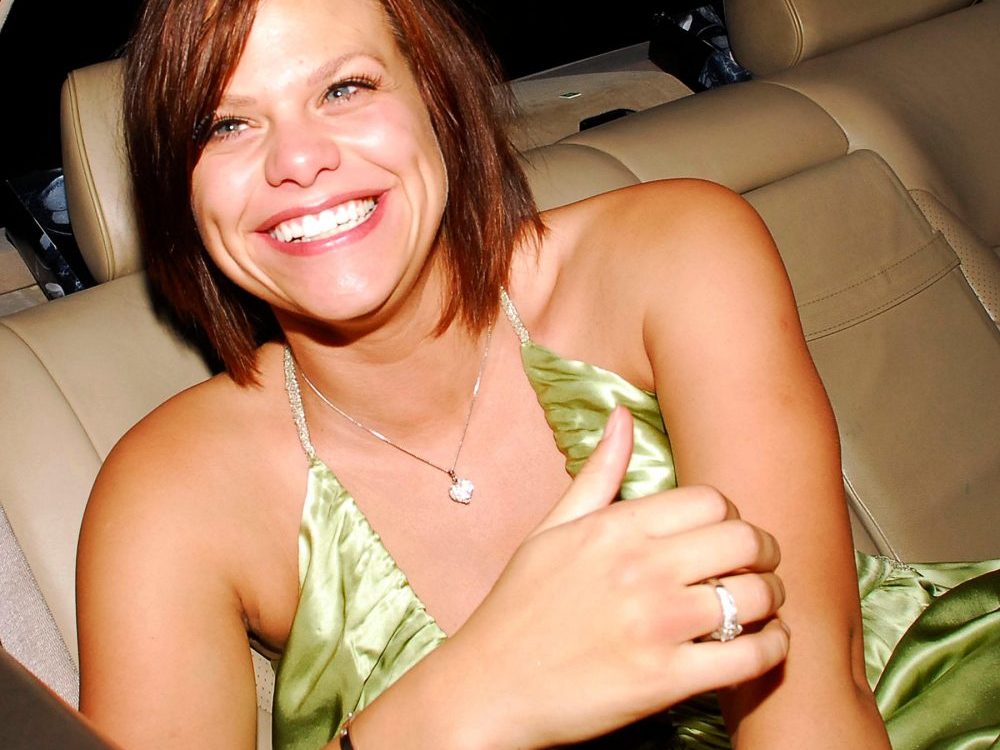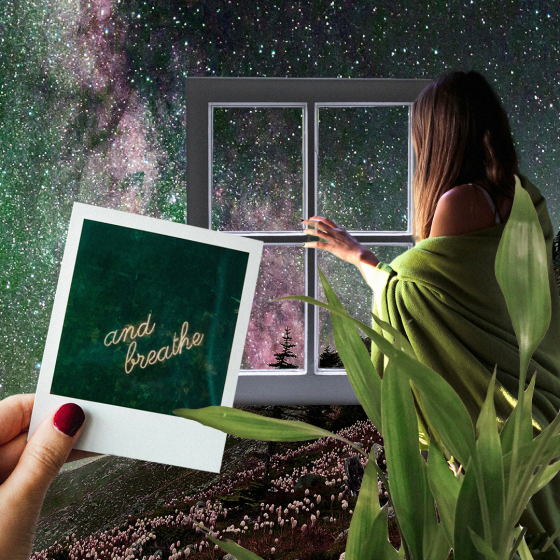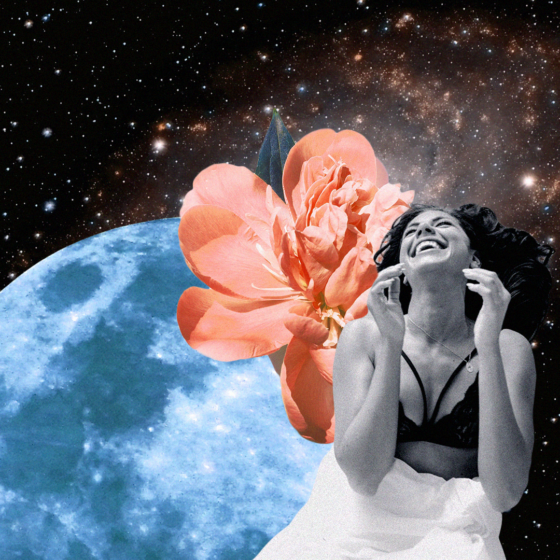It’s been a decade since the death of Jade Goody, the girl from East London who, in a few short years, both reflected the best and worst of our celebrity culture, and also single-handedly changed it forever.
A new series starting this week is proving afresh just how extraordinary her life was – from her crash into public consciousness, to the personal tragedy of her terminal cancer diagnosis and death aged 27 – but also how much WE’VE changed in the last ten years.
Jade was the dental nurse from Bermondsey who, at 20, entered the Big Brother house and dazzled viewers with her tireless capacity to shock and entertain – whether it was burping, cursing, disappearing under the bedsheets with a fellow resident, stripping for poker and generally getting up to the kind of antics we’d come to associate with the worst of youthful Britain – chav culture at its most exhiibitionistic, and catnip to waiting tabloid hacks.
The Mirror’s TV editor Kevin O’Sullivan was in the eye of the storm. Christened the anti-Big Brother correspondent for the paper, he had free licence to lampoon Jade and her housemates – ‘Creature from the Black Lagoon’ was one headline he was filmed chuckling over ten years later, much to the contempt of the doc’s viewers on Twitter.
Today, he’s keen to clarify he was laughing at the horror of his own headlines, NOT at his own cleverness and certainly not at the fate of Jade, whom he increasingly came to admire for how she handled herself in her dying days. He tells me, “The thing is, we’re judging a past era by today’s standards. I’m shocked to look back on those years, it’s quite surprising how hard-hitting we and other papers were, but at the time nobody questioned it. The Sun splashed one day on Jade with ‘Get the pig out’ and that barely even registered. Britain was a harsher place, and the papers reflected it. The press was much less sensitive than it is today.”
Indeed. No paper or broadcaster gets away these days with calling someone ‘ugly’ or even ‘fat’. What happened? Did we all get kinder, including newspaper editors? O’Sullivan cites the hacking scandal, and the disgust that followed, as inspiring Fleet Street to clean up its act. “Plus social media has played its part. Newspapers through social media came to realise that readers weren’t just sales, but real human beings, and they also have some power. And we ought to start being a little more conciliatory towards them, more understanding.”
The other huge change has been the wealth of reality TV shows that have come our way, with hundreds of participants wanting overnight success, no doubt inspired in part by the unlikely stardom of Jade. Because that’s what happened. The longer she stayed in the Big Brother house, the bigger star she became. Public derision turned to admiration as more of her personality came to shine, and her sweetness revealed itself. By the time she came out, every newspaper, every TV show wanted a piece, and Jade delivered in buckets – TV shows, cookery books, two autobiographies, the works.
“Papers exploited her, TV exploited her, but she exploited us all right back, and made a lot of money,” is how O’Sullivan remembers the nation’s obsession with the newly-christened ‘Princess of Bermondsey’ who, at her height, was able to charge up to £80,000 for an interview.
“She fed into the UK’s bizarre love of stupidity. We are suspicious of intellectuals, we love dim people, the dimmer the better.” Not that dim, though. “Just because educationally, she was lacking, that didn’t make her thick, she was a pretty smart girl. She worked out that people loved her for appearing thick, and she played up to it. That was her schtick.”
Jade’s subsequent rollercoaster trajectory is well documented – romance and motherhood, the racist row in CBB that made her national pariah all over again, the apology and decision to go on Indian Big Brother to make it all okay, the devastating news of her cancer diagnosis, relayed to her on live television while the cameras rolled, the televised fairytale wedding in her last days, finally her death at the horribly young age of 27 leaving two young sons.
It’s an unbelievably real parable of modern celebrity, but her legacy is ongoing and remains complicated. It’s beyond dispute that her strong-willed decision to keep the cameras turning as she succumbed to illness, making thousands of pounds for her sons’ future in the process, also inspired record numbers of screening requests in young women and so saving untold lives. Such is the power of publicity.
But by appearing to have so much fun and making so much money for simply being herself, Jade also became the willing totem for a certain kind of celebrity culture, where ‘being famous for being famous’ was suddenly a career option. Ten years later, and more people apply to appear on Love Island than apply for Oxbridge.
While, in O’Sullivan’s eyes, Jade “grew up in front of our eyes, handled her own fate with great grace and by the end had said and done some truly impressive things and become somebody to admire”, the same can’t be said for every reality TV star hoping to emulate her riches.
Many have been simply embarrassing, in their shameless pursuit of celebrity for celebrity’s sake. For a few others, it has ended far more tragically, personal demons compounded by public attention. All reality TV shows hoping to continue into the next decade must now boast a duty of care to their participants, while O’Sullivan asks, “If you’re having to have a psychiatrist, a counsellor and a therapist all on standby because of the trauma to the people involved, you have to wonder, should you really be making the show in the first place?”
The answer is straightforward. For TV producers, they’re cheap as chips to make, with huge returns. And for participants, they’re clamouring to appear – who are we to scupper their chances? But as we are reminded all these years after Jade Goody burst onto our screens and changed TV culture forever, nothing comes at no price.
‘Jade: The Reality Star Who Changed Britain’ continues next Wednesday (August 14) at 9pm on Channel 4









